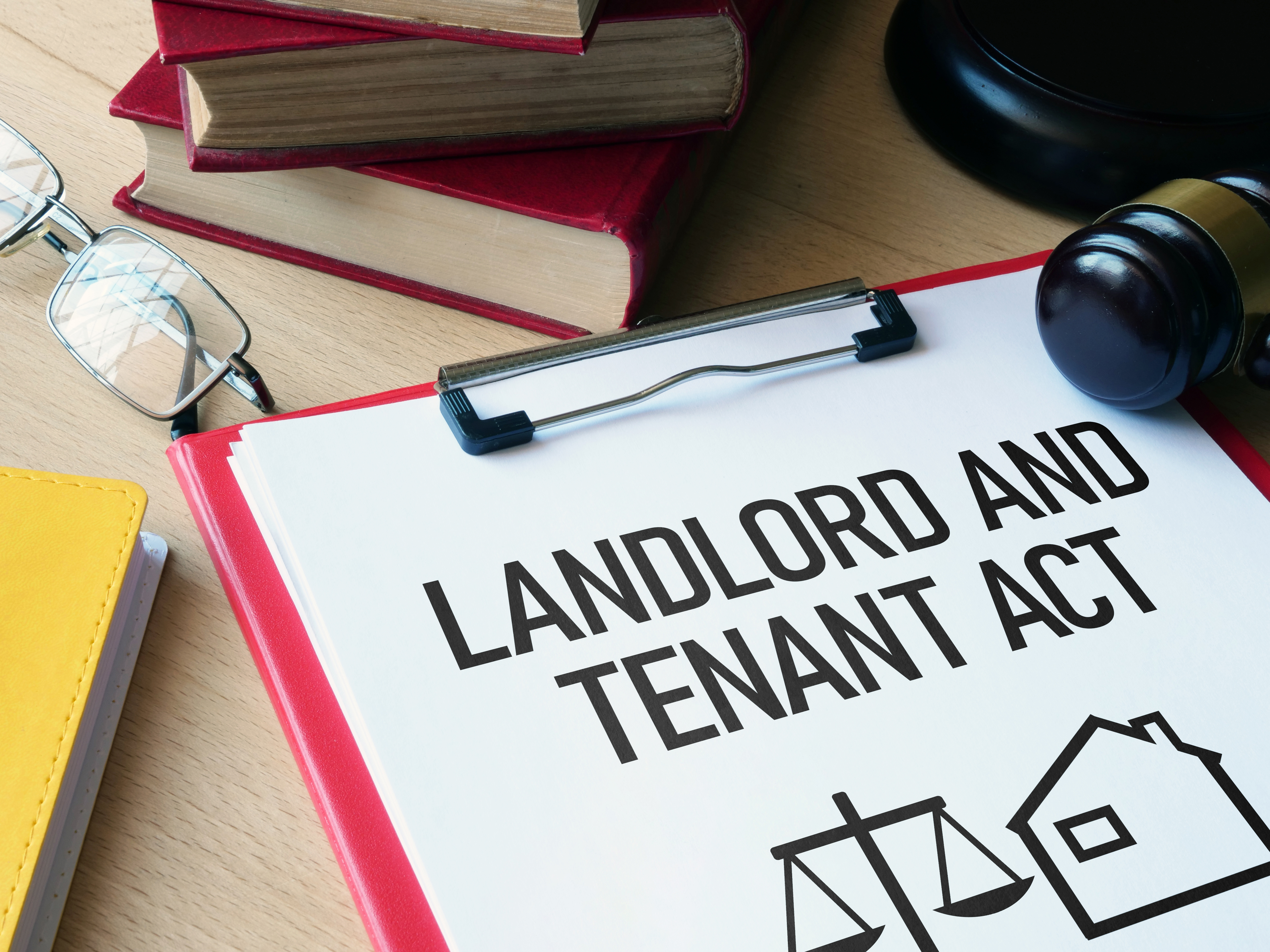
Navigating the complexities of landlord-tenant law can be a daunting task for both landlords and tenants. These laws are designed to protect the rights of both parties while ensuring that rental agreements are fair and equitable. Understanding these regulations is crucial for fostering a harmonious landlord-tenant relationship and avoiding potential disputes. This section aims to clarify the fundamental rights and responsibilities that landlords and tenants hold under the law, empowering both parties to engage in a more informed rental experience.
Rights of Tenants
Tenants possess a range of rights that are protected under landlord-tenant law. One of the most significant rights is the right to a habitable living environment. This legal obligation requires landlords to maintain the property in a condition that is safe and suitable for living. Issues such as plumbing problems, heating failures, and pest infestations must be addressed promptly by the landlord. Additionally, tenants have the right to privacy; landlords cannot enter the rental property without proper notice, typically 24 hours, unless there is an emergency. This right to privacy ensures that tenants can feel secure in their homes without the fear of unwarranted intrusions.
Another vital right is the right to fair treatment. Landlords cannot discriminate against tenants based on race, gender, religion, disability, or familial status. The Fair Housing Act, a federal law, prohibits such discrimination and establishes the legal framework for fair housing practices. If a tenant believes they have been discriminated against, they have the right to file a complaint with the Department of Housing and Urban Development (HUD) or pursue legal action. Furthermore, tenants have the right to organize and advocate for their interests, which can involve forming tenant unions or engaging in discussions about rental conditions and policies.
Responsibilities of Tenants
While tenants enjoy various rights, they also have responsibilities that must be upheld to maintain a positive rental relationship. One of the primary responsibilities is to pay rent on time. Failure to do so can lead to eviction proceedings and a tarnished rental history, making it difficult to secure future housing. Tenants are also responsible for keeping the rental property clean and in good condition. This includes not only maintaining the interior but also taking care of any outdoor spaces if specified in the lease agreement. Neglecting these responsibilities can result in deductions from security deposits or additional charges for damages.
Additionally, tenants must adhere to the terms outlined in the lease agreement. This legally binding document specifies the rules and regulations governing the rental arrangement, including pet policies, noise restrictions, and maintenance obligations. Ignoring these terms can lead to disputes with the landlord and potential legal ramifications. It is crucial for tenants to understand their lease thoroughly and communicate any concerns or requests for modifications with their landlord. Open communication can often prevent misunderstandings and foster a cooperative relationship.
Rights of Landlords
Just as tenants have rights, landlords also possess certain legal protections that help them manage their properties effectively. One of the fundamental rights of landlords is the right to receive rent payments in accordance with the lease agreement. If a tenant fails to pay rent, landlords have the legal right to initiate eviction proceedings after providing the requisite notice. This process varies by state, but it typically involves notifying the tenant of the breach and allowing them a specified time to rectify the situation before proceeding with eviction.
Landlords also have the right to enforce lease terms and establish rules for their properties. This includes the ability to set policies regarding pets, smoking, and guest limits. If a tenant violates these rules, landlords can take appropriate action, which may include issuing warnings or terminating the lease. Additionally, landlords have the right to enter the rental property for necessary inspections, repairs, or showings, provided they give proper notice. This right is essential for maintaining the property and ensuring compliance with safety regulations.
Responsibilities of Landlords
Landlords have several critical responsibilities that are fundamental to the landlord-tenant relationship. Chief among these is the obligation to provide a habitable living space. This includes ensuring that the property meets health and safety standards, conducting regular maintenance, and addressing repair requests in a timely manner. Failure to uphold these responsibilities can lead to legal consequences, including lawsuits or penalties from local housing authorities. Landlords must also ensure that they comply with local, state, and federal laws, including those related to fair housing and tenant rights.
Another key responsibility is managing security deposits appropriately. Landlords must adhere to specific regulations regarding the collection, holding, and return of security deposits. This often includes providing tenants with a written explanation of any deductions made from the deposit when they move out. Transparency in handling security deposits fosters trust and can prevent disputes at the end of a tenancy. Furthermore, landlords must maintain accurate records of all transactions and communications with tenants, as these can be invaluable in the event of a dispute.
Conclusion
Understanding landlord-tenant law is essential for both parties involved in a rental agreement. By knowing their rights and responsibilities, landlords and tenants can create a more respectful and cooperative environment, reducing the likelihood of disputes. Open communication and a willingness to address concerns can foster a positive rental experience, ensuring that both parties fulfill their obligations and enjoy their respective rights. Whether you are a landlord or a tenant, being informed about the legal framework governing your relationship is crucial for a successful and harmonious rental experience.
